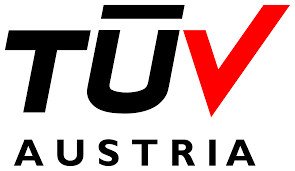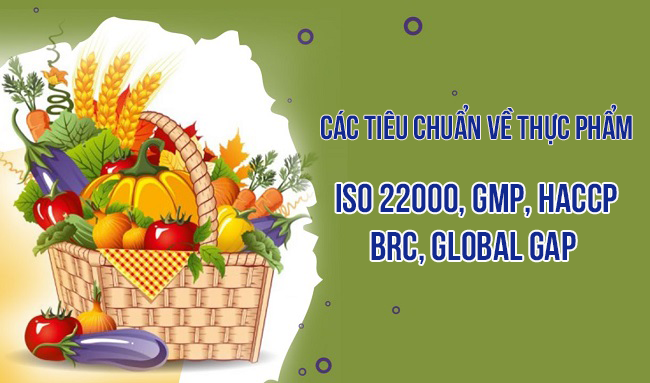
KNA COOPERATED WITH TUV AUSTRIA HELLAS ON AUDITING FSC STANDARDS IN VIETNAM
After time of exchanging and discussing, KNA CERT has successfully signed a cooperation agreement with TUV Austria on FSC/CoC certification services. Accordingl...
Do customers care about the quality of food in the context of rapid development in economy? Do they contain substances which affect their health? Are they clean?...
The growing trend in many industries is the severe competition especially in today's free trade market, to meet growing food demands and enter fierce competition, the food industry focused on developing through many different ways such as increase in productivity, make products both more delicious and more attractive,... the application of Genetically Modified Technology is a typical example. It is inevitable that these changes help to meet the society's demands; however they also directly affect health, food quality and safety.

Customers' intellectual has been increasingly improved and they can obtain further information. Consumers gain much knowledge about nutritional value or genetically modified food or the contamination of food. In the past, the concern of customers and enterprises only includes packaging, decoration, flavour, color, ingredients particularly the price of goods. Health and food safety are becoming more and more complex so there have been standards which regulate food sanitation, for example, GMP, HACCP, BRC, ISO 22000, Global Gap,...
What are GMP, HACCP, BRC, IFS, ISO 22000, Global Gap?
GMP, HACCP, BRC, IFS, Global Gap and ISO 22000 are standards which base on basic rules of production control relating to food safety. These standards also have regulations for other activities such as storage, transportation, audit and effective product retail method.
What are different points between GMP, HACCP, BRC, IFS and ISO 22000?
GMP bases on pratical manufacturing process.
HACCP concentrates on important points of production process to reduce and control risks of food safety and sanitation.
BRC (issued in England) and IFS (came from Germany and France ) are standards established by retail corporations of Europe, these standards also mainly include requirements like HACCP and GMP.
ISO 22000 is issued by International Organization for Standardization, the standard combines 7 principles and 12 steps of HACCP to control risks in terms of food safety with management system rules.
Global Gap: Non-profit organization FoodPlus is a legal representative of the standard of global good agricultural practice. GlobalGap aims at implementing and replacing Eurep Gap because the scope of Eurep Gap is only on cultivation products while GlobalGap includes cultivation, breeding and fishery products. GlobalGap has established standards for vegetables, fruits, synthetic plants, flowers and ornamental plants, coffee, tea, pork, poultries, cattles and sheep, dairy products, salmon, shrimp and other products which are being researched.
Main advantages of standards GMP, HACCP, BRC, ISO 22000.
